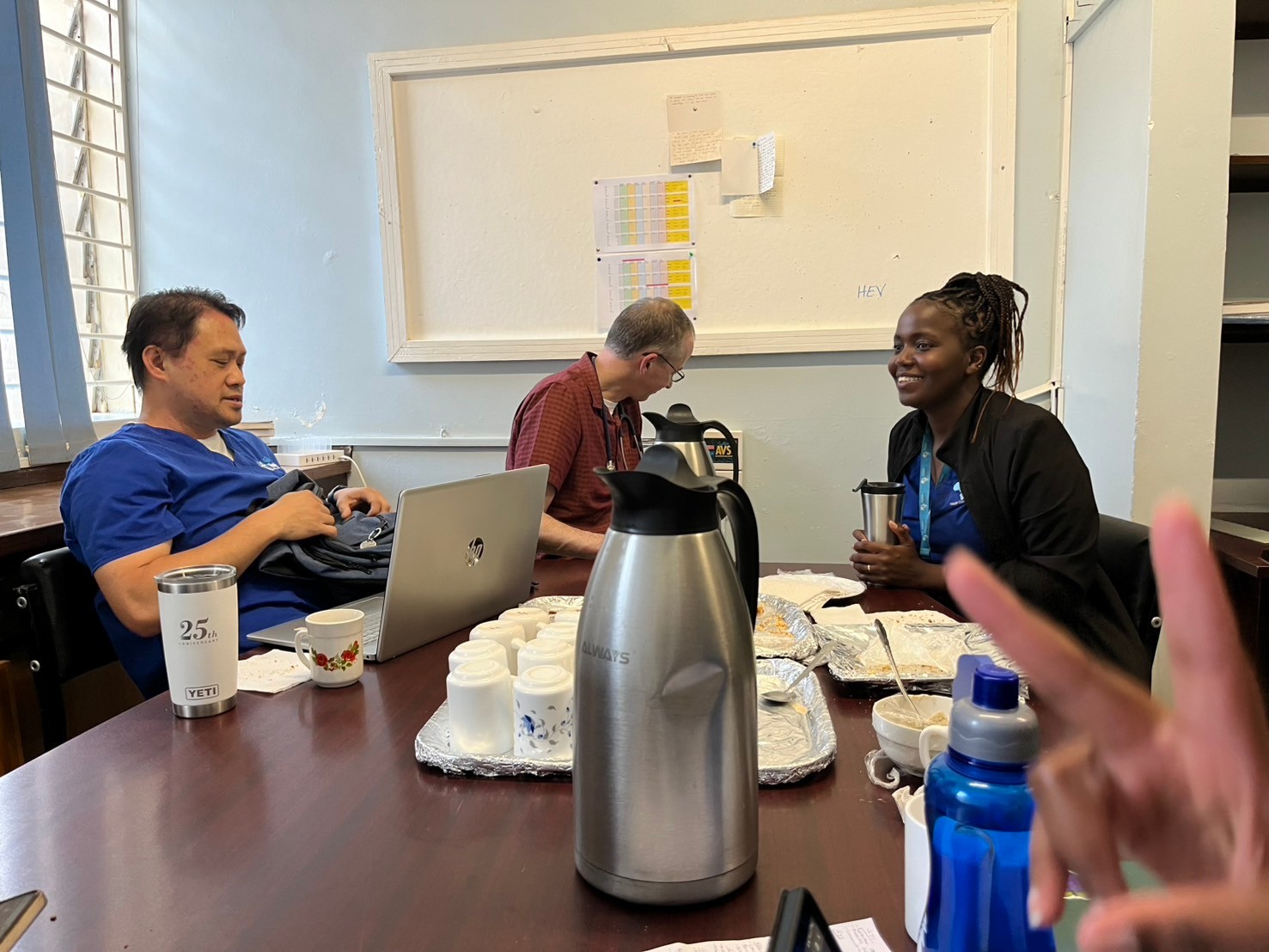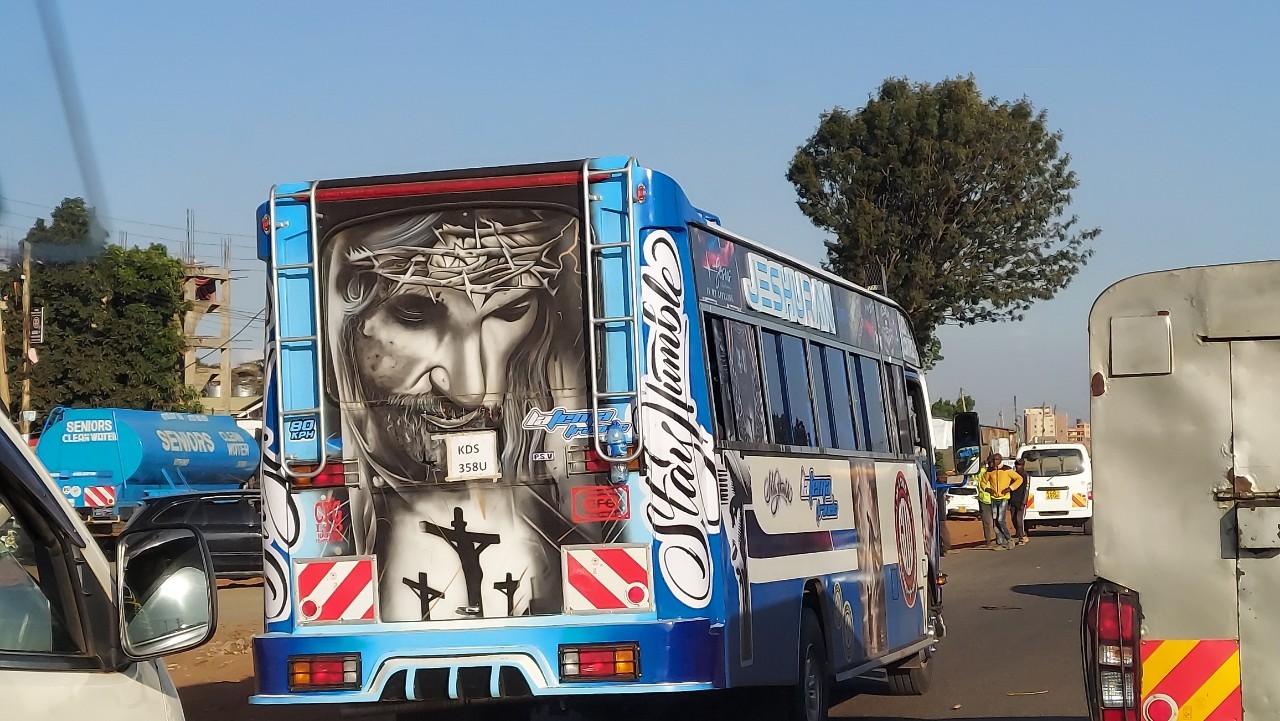“Where do babies come from?” is a classic children’s question. One could call this profound, simple, and humorous question essential to childhood itself.
As children, perhaps the question of origins is prompted only by curiosity. But as we get older, our search to know where things come from is essential to our being, our relationships, our jobs, and sometimes our survival. Our lives are spent answering the questions of how do we ensure food, shelter, money, relationships, leisure, time, medical care; and, if we are well off, a fancy car, swimming pool, vacations, and a long, enjoyable retirement.
“And my God will supply all your needs according to His riches in glory,” says St. Paul in his letter to the Philippians (4:19).
This is one of many passages where the Bible re-frames our perpetual search for how to get things. God is the source of everything, from food and money to security and shelter, and, yes, even babies. Now, Paul is not dumb: he is not contradicting someone who explains how milk comes from cows, a paycheck is needed to pay the rent, and babies are a complex matter indeed. In fact, in this very chapter, Paul is talking about how one group of people supports another group. But Paul is saying that ultimately, God is the Provider. And not just ultimately, but practically and immediately.
This acknowledgement that there is more than simple cause and effect to explain things, and that those who are limited to cause and effect are spiritually malnourished, is the origin of a plethora of religious practices, from all sorts of sacrifices, to Halal meats, to Thanksgiving day, to prayers before a meal.
We typically find ourselves in one of two situations when it comes to provisions: either we have enough, or we don’t. The Bible reflects this, describing us either in need or in abundance. And we are called in both situations to come to God and see the reality that God is the provider. The Bible repeatedly describes God as the one who sees our needs. If we are hungry, thirsty, poor, weak, sick, or otherwise in need, the Bible says to look to the Lord who sees. To seek those things from him. To plead your case with him. If we have abundance; if we are full, satisfied, healthy, happy, and blessed with good friends and a loving family, we are called to pause and say “thank you” to God. In both situations, the call is the same: look to God. See him as the Provider.
The Bible is full of case after case where one is tempted to look elsewhere when times are rough and things are scarce. Stealing, cheating, and taking shortcuts are described multiple times with the problematic results. But as the prodigal son story shows us (Luke 15), the main problem that needed solving was not that the son had wasted all his money and was longing to eat pig slop, but that he was separated from God by his bad choices, and God’s love was enough to restore the brokenness.
When there is abundance, the Bible describes how we tend to ignore God who provided and run off to indulge ourselves without a second thought. Jesus cured ten people in one day of their debilitating diseases, and only one came to thank him.
One cannot talk about God providing without noting the frustration and despair we may experience when he does not provide, or does not provide in the way we had hoped. The whole ancient book of Job wrestles with this question. It affirms that there is great pain and misery in this world, and there are no simple answers. One thing it does point out is that we have limited perspectives as humans, and it once again calls us to look to God, especially when we don’t have all the answers.
God wants us to have what we need. He wants us to enjoy food, health, love, friendships, and success. But most of all, he wants to be connected with us, as a loving father cares for his children, never stops talking about them, and is proud of their every accomplishment. In this broken world, where we cannot see God with our eyes, and our experience may suggest to us that God doesn’t care, he does see and he does care. In want and need and sickness and loss and death, knock on God’s door because he can provide. In abundance and good times, do not forget it is God who provides.





























